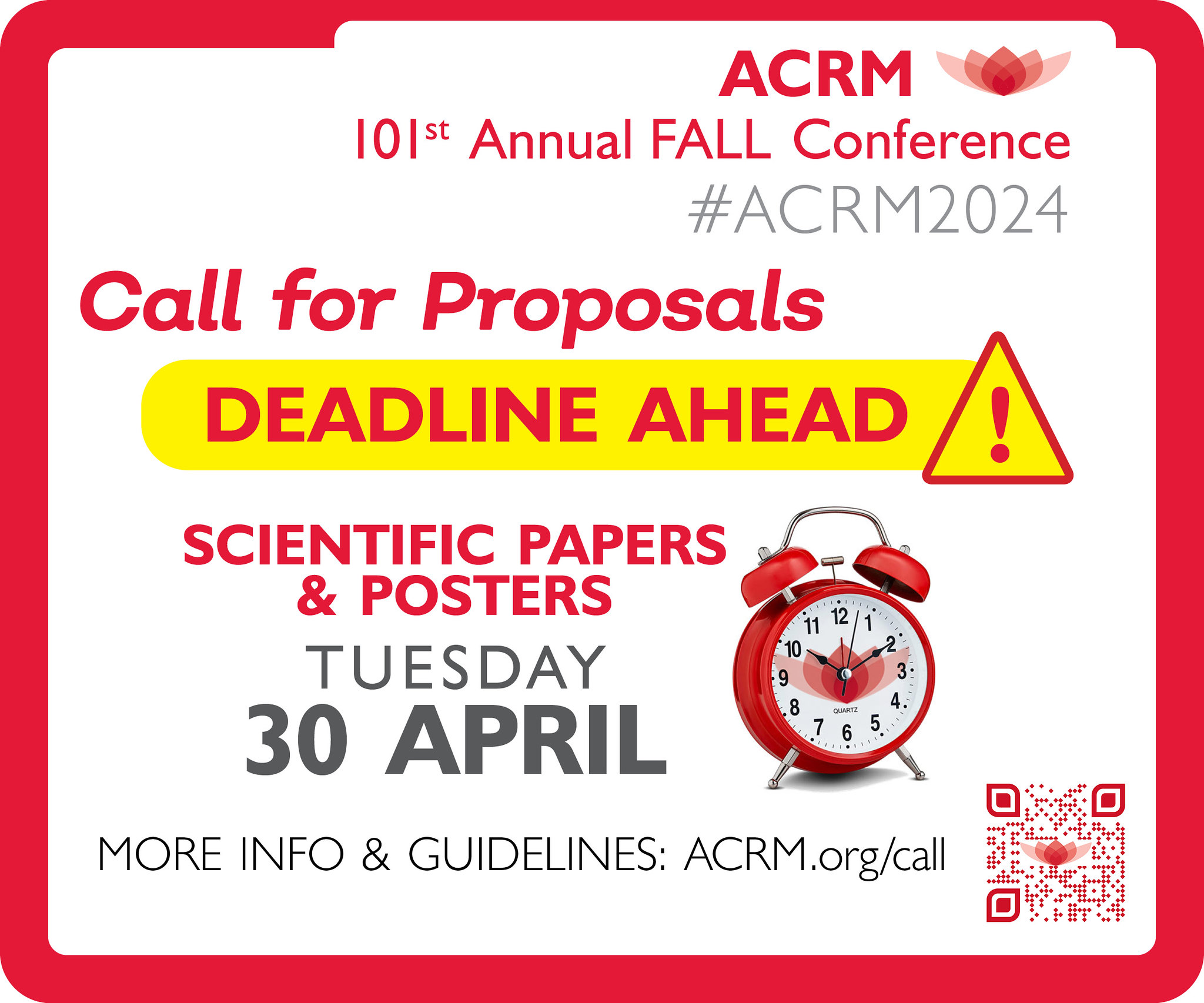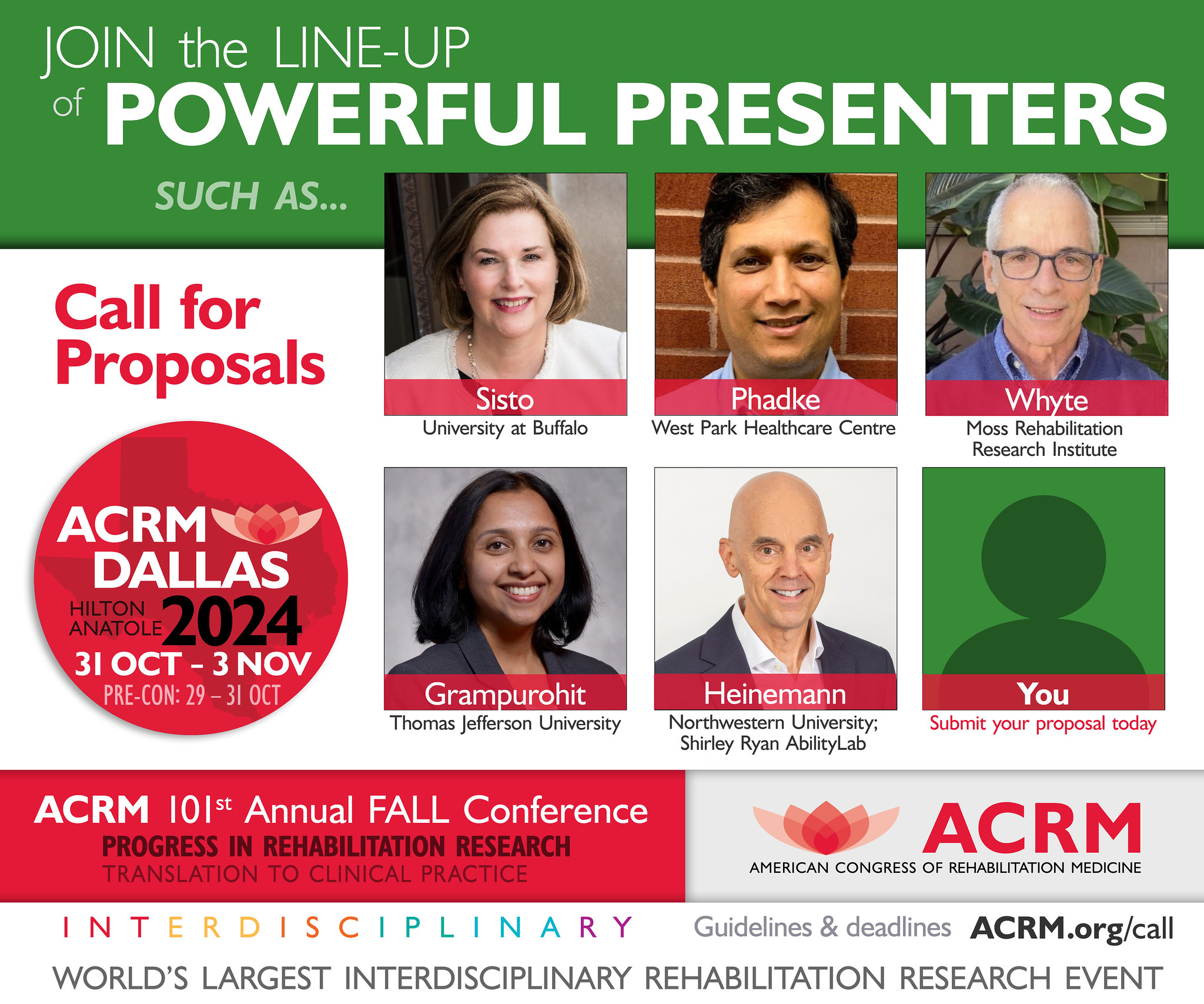In 2015, the Rehabilitation Medicine Department of the Clinical Center at the National Institutes of Health, along with the National Cancer Institute and the National Center for Medical Rehabilitation Research brought cancer rehabilitation experts from multiple disciplines together to discuss the state of cancer rehabilitation. Members of the CRNG also participated, including Julie Silver, Vish Raj, Nicole Stout, Mary Radomski, Lynn Padgett, Andrea Cheville, Brent Braveman and Lynn Gerber. At this meeting, a number of recommendations were made regarding cancer rehabilitation. These recommendations are:
- Provide rehabilitation screening and assessment as part of a comprehensive cancer care plan, from the time of diagnosis, throughout the course of illness and recovery, to address the functional needs of patients. These services should be provided by trained rehabilitation professionals who utilize evidence-based best practices to diagnose and treat the many physical, cognitive and functional impairments associated with this medically complex population.
- Incorporate objective assessment of a patient’s functional status before cancer treatment begins, at regular intervals during treatment, and during survivorship in order to preserve and optimize function and monitor for late effects of treatment.
- The rehabilitation community should utilize the Institute of Medicine’s cancer-related reports to identify the survivorship care delivery components that rehabilitation services can address and support.
- In selected cancers, rehabilitation services should be offered pre-treatment to optimize tolerance to surgical intervention and adjuvant treatment in order to minimize toxicity and improve outcomes.
- Conduct a thorough assessment of the content coverage and psychometric properties of existing clinical measurement tools and forge consensus regarding “gold standard” functional measures specific to different cancer populations.
- Create a centralized electronic interface, utilizing an infrastructure such as the Assessment Center, to facilitate systematic clinical collection of candidate Patient Reported Outcomes Measures in order to facilitate psychometric characterization of these measures, especially responsiveness, in clinically important populations and trait ranges.
- Develop practice guidelines regarding: functional assessment, screening for physical impairments, and rehabilitation interventions, to enhance the selection of rehabilitation interventions, referrals, and outcomes measurement.
- Expand cancer-related education and training among rehabilitation providers through curriculum instruction, educational courses, residency and fellowship programs, professional continuing medical education, and conferences.
- Elevate awareness and education among healthcare providers, patients and payers regarding rehabilitation as an integral part of quality cancer care.
- Identify research gaps in cancer rehabilitation domains and promote awareness of these gaps to funding agencies that support professional training and scientific inquiry in clinical, translational, and health services research in order to increase funding mechanisms.
The involvement of multidisciplinary practitioners, including physiatrists, physical therapy, occupational therapy, speech therapists, rehabilitation psychologists, rehabilitation nurses, and other specialists should review this article and work together to meet these goals. For further information, please see the article on PubMed.









